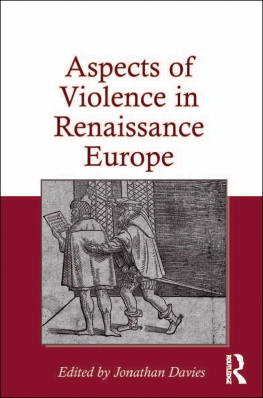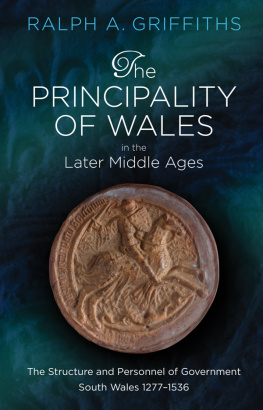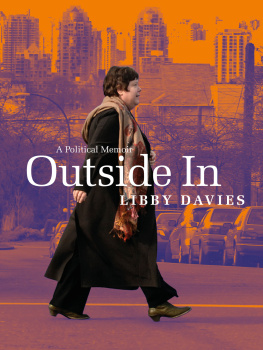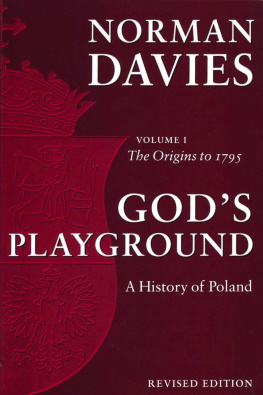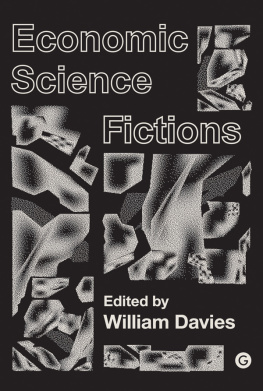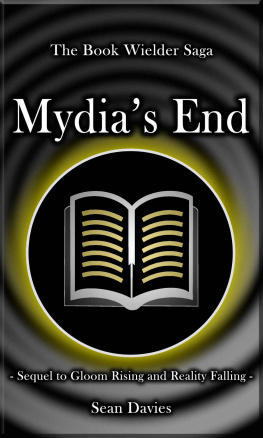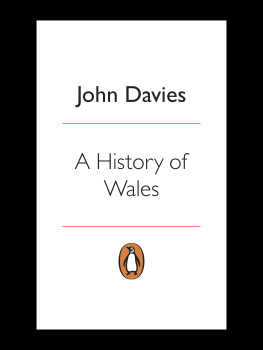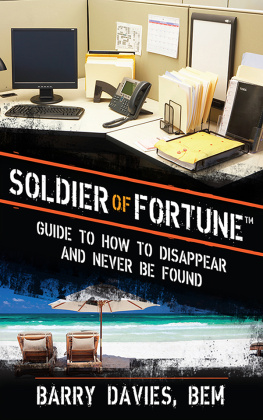Secret Sins
Sex, Violence and Society
in Carmarthenshire
18701920
Contents
List of Illustrations
Acknowledgements
In view of the disturbing nature of some of the evidence which is contained in this book, it is probably sensible to begin with the statement that I was born and raised in the county of Carmarthenshire. The people we will encounter in the book, saints and sinners, are my people. I can think of no better birthplace for a Welsh social historian than the terraced house into which I was born in Pen-y-groes. Outside our front door stretched the beauty of rural Wales. At the back door lurked one of the most poignant symbols of modern Wales an abandoned coal mine. Our road, Norton Road, could be regarded as a dividing line, it separated industrial and rural Wales, the natural world from the man-made, the fragrant and the foul. When I was a boy my mother could always tell which door I had used to leave the house by the mess on my clothes upon my return. Green, ochreous grass stains indicated departure through the front door for a game of cowboys on the closest farmers horses. But black, oleaginous stains testified to the fact that I had stolen quietly out of the back door to be an adventurer, a downhill skier or a mountaineer on the slopes of the coal tip. Looking back, I realize with gratitude that a tender family nurtured me through my turbulent youth.
In the preparation of this book I have incurred many debts and it is a pleasure to record my indebtedness here. The staff at the Hugh Owen Library at the University of Wales Aberystwyth, the Carmarthenshire Records Office in Carmarthen and the National Library of Wales all combine courtesy and professionalism to such an extent that it is a delight to use these institutions. Illustrations 2, 3, 4, 5, 6, 13, 14 and 15 by permission of Llyfrgell Genedlaethol Cymru/The National Library of Wales.
I have benefited greatly from the advice and guidance of a number of people. Marian Davies, Mr David Harries, Mr Gareth Williams and Emeritus Professor Ieuan Gwynedd Jones were inspiring and stimulating teachers. Professor Merfyn Jones and Dr Ian Salmon made valuable suggestions on early drafts of this book. Professor Geraint H. Jenkins and Dr John Davies examined the work with characteristic accuracy and thoroughness. I am deeply aware that this book would not have been deemed worthy of publication without their astute advice and wisdom. The errors of fact and interpretation which remain are mine, and mine alone.
The Trustees of the Sir David Hughes Parry Trust at the University of Wales Aberystwyth have generously provided financial support for various projects which are incorporated in this book. The Welsh Arts Council met the costs of publishing this book. For this generosity and support I am particularly grateful. The editors of Llafur and Cof Cenedl have kindly allowed me to republish some material which appear in sections of this book. It is a pleasure to record such kindness. Unusually for a work of history, parts of this book have been dramatized and televised. I learnt much from Ms Bethan Eames and Teliesyn regarding the visual presentation of the human stories contained in this work.
The University of Wales Press proved a model publisher, Susan Jenkins a model editor. Gillian Parry transformed pages of impenetrable handwritten scrawl into a presentable typescript. No one can write a general history such as this without leaning heavily upon the efforts of other historians. I am conscious of my many exactions, and trust that every footnote will be held indicative of my gratitude and esteem.
My family have provided a continuous source of support and encouragement. Without my wife, Nerys, and my daughters Betsan and Ffion, life would have little of its joys and pleasures, but then this book would have been finished much sooner. It is to them that I dedicate this book.
Russell Davies
July 1996
Aberystwyth
Preface
The opportunity to provide a new preface for Secret Sins evoked the Biblical warning as a dog returneth to his vomit, so a fool returneth to his folly (Proverbs 26:11). The fear was, however, tempered by the recollection that Secret Sins , judging from a number of responses that the author received, did capture the affection of a wide readership around the world. That it is being republished by the University of Wales Press almost two decades after its first publication indicates, hopefully, that there is still a demand for a history that seeks to engage with wider concerns of humanity than just the political. The emotional, the sexual and the personal lives of people provide a different perspective from which to view the world and its woes.
Revisiting the work after so much time, the author was struck by much of the youthful exuberance and enthusiasm that went into its writing. Inevitably, even this author has acquired a modicum of wisdom with age. Certain infelicities of phrase or particular sweeps of generalization now appear at best unfortunate, at worst unwise. Therein arose a difficult decision. Should one re-write or re-phrase much of the original? To do so would have been quite an onerous task, and one would be producing not a new edition of an old book but, essentially, a new work. This would probably have been a clumsy and unprofitable attempt to force new wine into old bottles. More worryingly, the special character of the old vintage which had engendered such a warm reception among its readership could have been lost. The book was written at a time when a few of the authors acquaintances who remembered some of the events that feature in it were still alive. Some recalled the winds of wrath that blew during the religious revivals and seeing the angels who gathered to mark the passing of the revivalists those fascinating characters, part St John the Baptist, part Valentino. Others remembered dark tales of deadly battles with water bailiffs or police, the pubs of the wild wasted boyos that never closed, or the canwyll corff (corpse candle) that still shone despite the warnings of air raid wardens. Re-editing might have lost the elegiac echo of the voices of those loved and loving people, which can be heard on occasion in the book. And that would have been the greatest loss.
Secret Sins thus appears, once more as it did originally in 1996, with all its flaws and failings. Like us all, it is a child of its time, a product of its age. Many of the themes discussed in the book were further considered by this author in Hope and Heartbreak: A Social History of Wales and the Welsh 17761870 (University of Wales Press, 2005). These included the links between religion and superstition, the private committal of sin and its public condemnation, the ways people sought to bring joy and happiness into their lives, and the friction between love and lust. Since 1995, a few other authors have also ventured into examining the criminal and sexual lives of the Welsh people. Dr Kate Fisher has published on birth control practices and policies in south Wales, while Richard Ireland has published extensively on the misdeeds and misdemeanours of my forefathers in Carmarthenshire.
Hopefully, Secret Sins still has something of relevance to say. The period concerned in the book, 18701920, is often viewed as a golden age. The world that we have lost allegedly rejoicing in high morality and Victorian values was an eternal summer, only eventually finished with the death of innocence and the roaring guns of August 1914. Secret Sins offers a gentle corrective to this view in suggesting that there was also loneliness and isolation, drink and drunkenness in astonishing amounts, violence and social ways that were coarse and even bizarre. The people featured in the book, who are a fine people, are my people, and they were not wholly bad or good.



